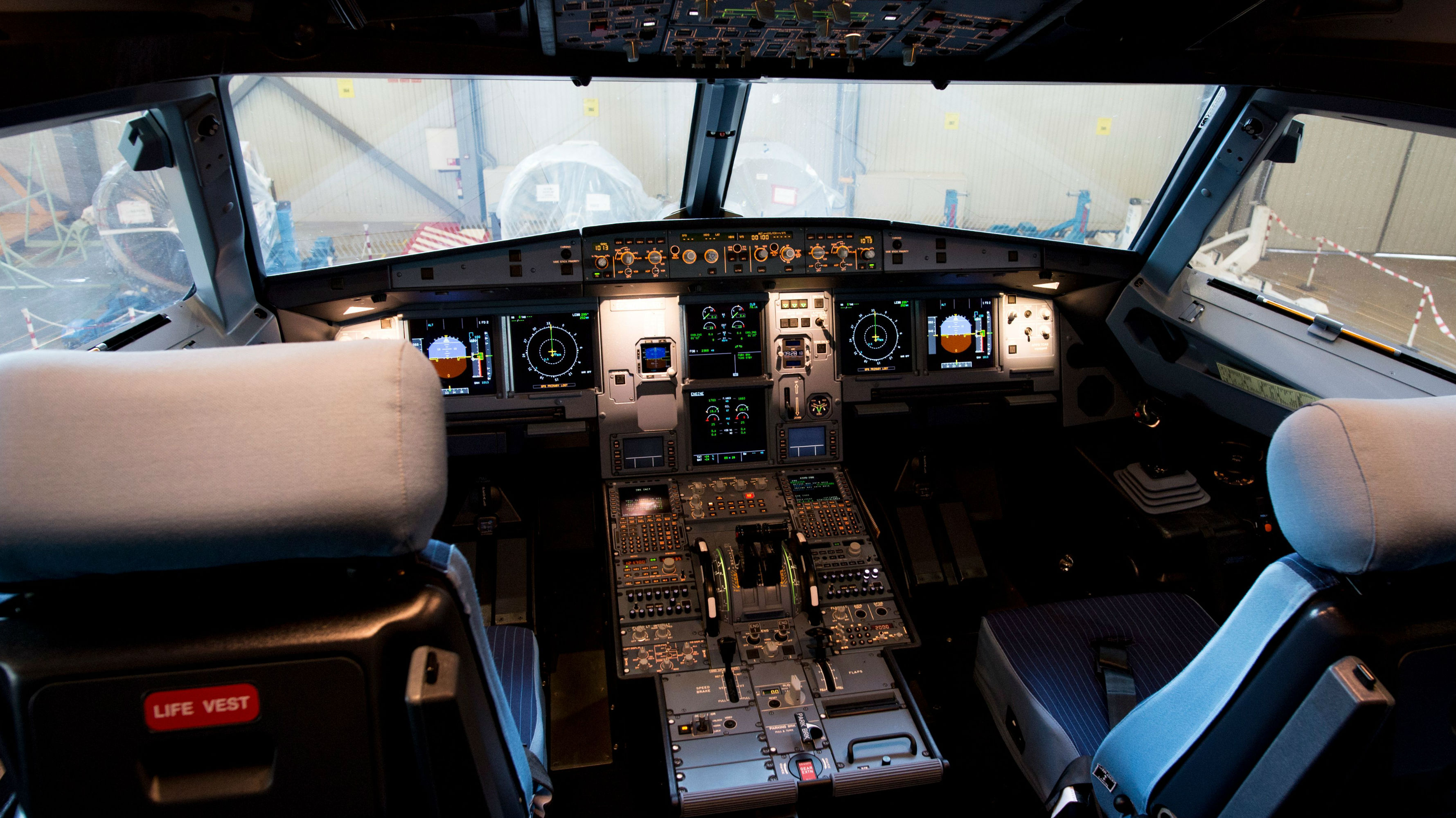Toxic flying: how safe is the air inside plane cabins?
Union preparing to take four airlines to court over ‘fume events’ in the sky

A free daily email with the biggest news stories of the day – and the best features from TheWeek.com
You are now subscribed
Your newsletter sign-up was successful
The airline industry is gearing up to face a series of court cases over accusations of toxic cabin air.
Pilots and crew have claimed that “sudden fume events” and long-term lower-level exposure to air containing harmful chemicals is putting them at risk of serious illness, according to a new investigation by BBC Radio 4’s current affairs show File on 4.
What are the claims?
The Week
Escape your echo chamber. Get the facts behind the news, plus analysis from multiple perspectives.

Sign up for The Week's Free Newsletters
From our morning news briefing to a weekly Good News Newsletter, get the best of The Week delivered directly to your inbox.
From our morning news briefing to a weekly Good News Newsletter, get the best of The Week delivered directly to your inbox.
Unite the Union, which represents aviation staff, is preparing to take four airlines to court over so-called “aerotoxic syndrome”.
In September, the union claimed that “independent expert evidence concluded that the air in most commercial airline cabins can cause irreversible neurological damage and chronic illness among susceptible individuals”.
Fumes from the engines that “bleed air used to pressurise airline cabins contains a mix of toxic compounds including organophosphates and TCP”, Unite said.
In the most extreme cases, pilots and cabin crew have claimed that exposure to toxic air has caused premature death, reports File on 4.
A free daily email with the biggest news stories of the day – and the best features from TheWeek.com
The programme has accessed a leaked air safety report in which a British Airways (BA) captain issued a Mayday emergency call during a flight from Athens to London in January after his co-pilot became unresponsive during a fume event.
–––––––––––––––––––––––––––––––For a round-up of the most important stories from around the world - and a concise, refreshing and balanced take on the week’s news agenda - try The Week magazine. Start your trial subscription today –––––––––––––––––––––––––––––––
What does the airline industry say?
Responding to reports about the incident last month, BA has said that the co-pilot did not faint and that the plane landed safely at Heathrow, but that the airline has referred the emergency to the Air Accidents Investigation Branch (AAIB).
The Civil Aviation Authority (CAA) added that an aircraft would never be flown if the authority believed it posed any risk to the health and safety of those on board.
In general, the industry does not provide public data on how many fume events occur, but File on 4 report that some estimates suggest they happen every day across airlines worldwide.
“The industry insists that serious leaks of toxic gas into cockpits and cabins are relatively very rare, given the number of flights each day. And that no causal link between toxic cabin air and health problems has yet been proven,” say the programme makers.
Something in the Air? is on BBC Radio 4 at 8pm on Tuesday 25 February